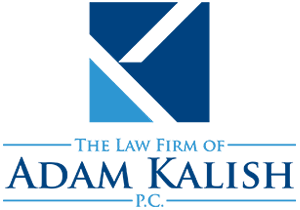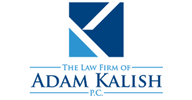State Senator Kavanagh said that the amount of back rent owed throughout the state is between $2.5 billion and $3.4 billion, based on an estimate from the National Council of State Housing Agencies. “That’s a large figure but it’s not inconceivable that we could fully fund that need, especially with some substantial federal help,” Kavanagh said. He has a bill pending in the Legislature that predates the Emergency Rent Relief Act that would set up a more comprehensive rent voucher program that struggling renters could apply for. Community Housing Improvement Program spokesman Michael Johnson said that a voucher program that gives money directly to tenants is the best solution for the ongoing rental crisis. “The problem is that there are people who can’t pay rent, and they need help, and vouchers are the easiest way to provide them relief,” Johnson said. “We’re optimistic that the $1.3 billion will quickly flow into the hands of tenants who need it.”
But Kavangh’s is not the only bill aimed at rental relief. One from Salazar, which is backed by the Housing Justice for All coalition, would cancel all rent for the course of the pandemic, which remains a controversial notion. Salazar’s bill would also set up a landlord relief fund that building owners could apply to, putting the onus on landlords, rather than tenants, to seek relief. “The vast majority of the time, tenants have less resources in order to apply for that relief than their property owners do,” Salazar said. “Putting the burden on tenants to apply has been a problem with existing and previously existing voucher programs actually being effectively implemented.” Weaver added that Salazar’s proposed relief fund is more scalable and would target small mom-and-pop property owners rather than large corporate landlords. “The idea of the cancel rent legislation is that Blackstone won’t get paid and, like, Norma, would,” Weaver said. Details of what exactly the landlord relief program would look like has not yet been laid out in Salazar’s bill.

